How Rehoboth Beach Turned Gay
James Sears examines the evolution of Rehoboth Beach and how the resort town's forged its strong Queer identity.

In the prologue to Queering Rehoboth Beach: Beyond the Boardwalk, James T. Sears recounts an incident at a local restaurant in the Rehoboth Beach area where he and his husband dined out one night.
Following their meal, Sears and his husband, a Nicaraguan green card holder, were confronted by a trio of straight couples from a neighboring table who accused them of being “cheap” when they upbraid their waitress for wrongly telling them that a discount would be applied to their meal.
From there, the situation escalated to the point where Sears flipped the middle finger at the couples, one of the men hurled a string of epithets at Sears’ husband, and a second man told them to go home because this is a “family” restaurant.
While Sears initially believed that the incident was motivated by racism, xenophobia, and homophobia, he wondered what led the couples to become confrontational. The incident brought about a realization of how people can view the same scenario differently based on their own perspectives, experiences, or sensitivities.
The realization informed how the historian approached his book — and the variety of different perspectives he includes in it –- as he sought to retell the story of how Rehoboth Beach, initially a small, heavily Methodist, largely rural outpost on the Delaware coast, morphed into a queer resort for people from the D.C. and Philadelphia areas, rivaling other LGBTQ resort towns like Fire Island, Provincetown, and Key West.
“I began to think about, ‘Well, how Queer is Rehoboth, beyond just the surface?'” he says. “‘How open is it to different groups of people?’ And so, those two parallel questions –- how Rehoboth became Rehoboth as we know it, and to what degree is Rehoboth as open as it seems to be on the surface –- were really my motivating questions.”
While conducting research for the book, Sears leaned on articles from local and regional newspapers, select writings from historians, and a few first-hand accounts written by lesbians and gay men, but realized there was a dearth of first-hand sources covering Rehoboth’s queer identity. So he approached several community mainstays, including the Rehoboth Beach Historical Society & Museum, local historians, and the local community center CAMP Rehoboth, to assemble a diverse “cast of narrators” who discuss the town’s evolution.
Sears was not only able to gain access to CAMP Rehoboth’s meeting minutes but was the first person to ever be granted access to the board minutes of the Rehoboth Beach Homeowners’ Association from the 1970s to the 2000s, when the town’s identity began to shift.
“The first and most important part for me was to make sure that I captured the voices of these people and their perspectives, so I was fair in what they said and didn’t just selectively quote things that sort of fit my position,” Sears says. “Some people, I guess, view oral history as turning on the mic, asking the question, and following up with another question, allowing people to say what they want, and capturing that. That’s not my position.
“My position is more of a gentle interrogation, if you want to call it that. So not only do I allow people to talk about what they want to talk about, and talk about their lives, which is critical, but I also begin to push them a little bit when it comes to the facts.”
The book delves into the 1980s-era “Battle for Rehoboth” between local homeowners, including some older gays and lesbians who viewed the straight newcomers to the town as troublemaking outsiders. The newcomers were interested in preserving the town as a “family resort,” and attempted to use law enforcement to harass the LGBTQ community by cracking down on its nightlife venue.
It also looks at how LGBTQ activists were able to slowly change things through the political process, with the town eventually accepting that its appeal to the LGBTQ community was a part of its identity. Even beyond the LGBTQ community, Sears provides examples of how local conservatives were largely resistant to any type of social change.
But Sears doesn’t approach the historical record as an “us” versus “them” clash or simply categorize key figures as either protagonists or antagonists. Instead, he provides a nuanced and well-rounded view of what was occurring at the time — including fighting within the LGBTQ ranks — by gathering together a wealth of information, from a variety of perspectives, and allowing readers to draw their own conclusions.
“My perspective is: ‘How does a small conservative town change, and what’s the process for social change?’ And to what degree can it change, or does it?” Sears says. “In some ways, Rehoboth is much different than other places. But in other ways, it’s no different from the small Midwestern town where I grew up in the middle of Indiana, with corn all around us…. But nevertheless, Rehoboth evolved, just as all other towns evolve. And how that social change takes place is important.”
Queering Rehoboth Beach: Beyond the Boardwalk ($30, Temple University Press) is available wherever you buy books, including Amazon.com.
James Sears will appear in conversation with Deacon Maccubbin at Little District Books, 737 8th St. SE, on Friday, Oct. 18, at 7 p.m. Free. Registration suggested. Call 202-629-2975 or visit www.littledistrictbooks.com.
Support Metro Weekly’s Journalism
These are challenging times for news organizations. And yet it’s crucial we stay active and provide vital resources and information to both our local readers and the world. So won’t you please take a moment and consider supporting Metro Weekly with a membership? For as little as $5 a month, you can help ensure Metro Weekly magazine and MetroWeekly.com remain free, viable resources as we provide the best, most diverse, culturally-resonant LGBTQ coverage in both the D.C. region and around the world. Memberships come with exclusive perks and discounts, your own personal digital delivery of each week’s magazine (and an archive), access to our Member's Lounge when it launches this fall, and exclusive members-only items like Metro Weekly Membership Mugs and Tote Bags! Check out all our membership levels here and please join us today!








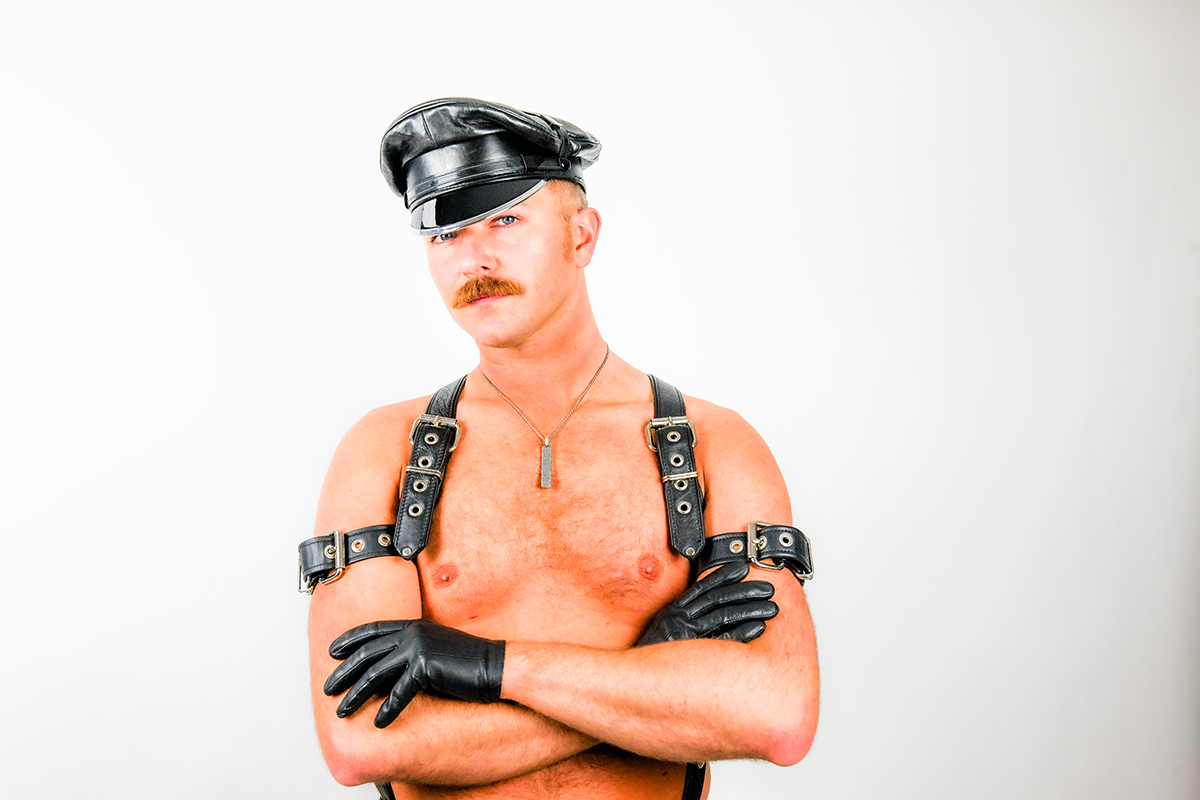
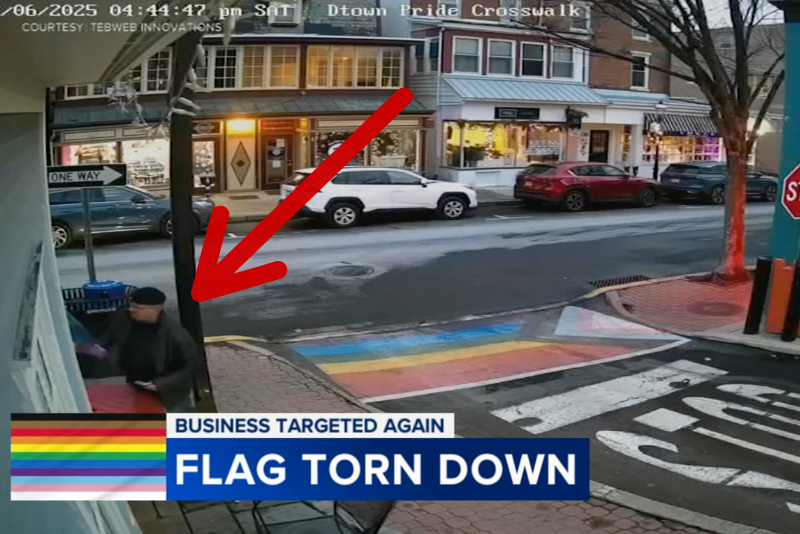
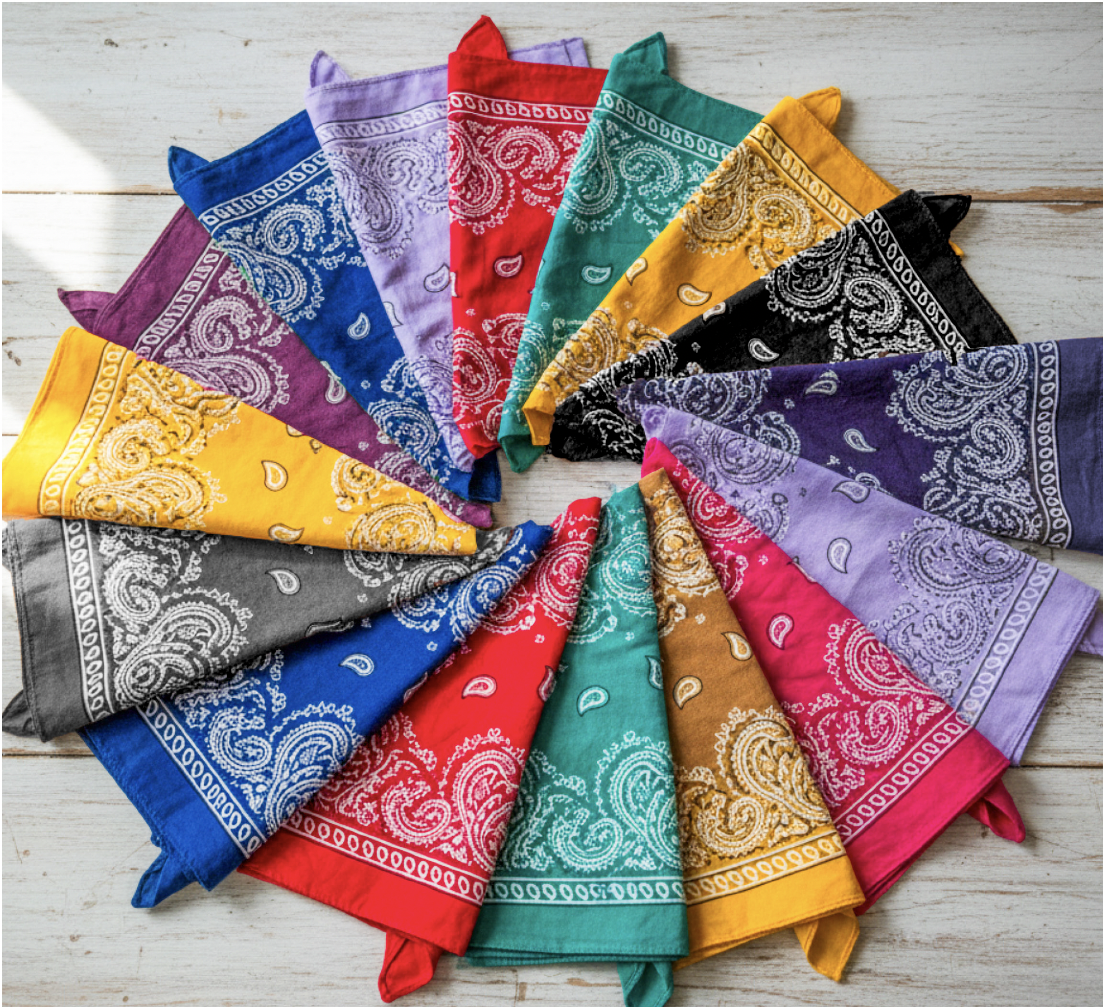












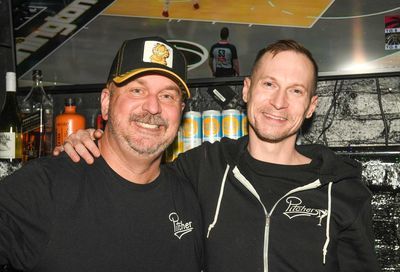
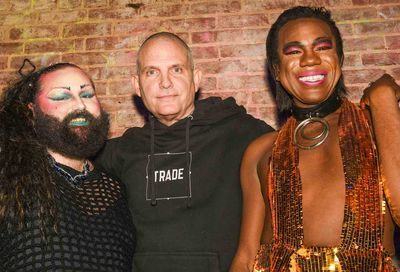
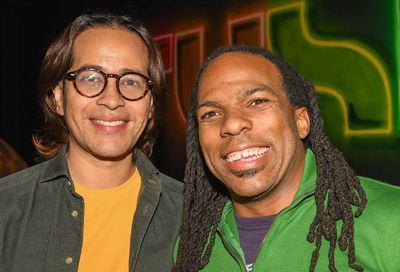
You must be logged in to post a comment.